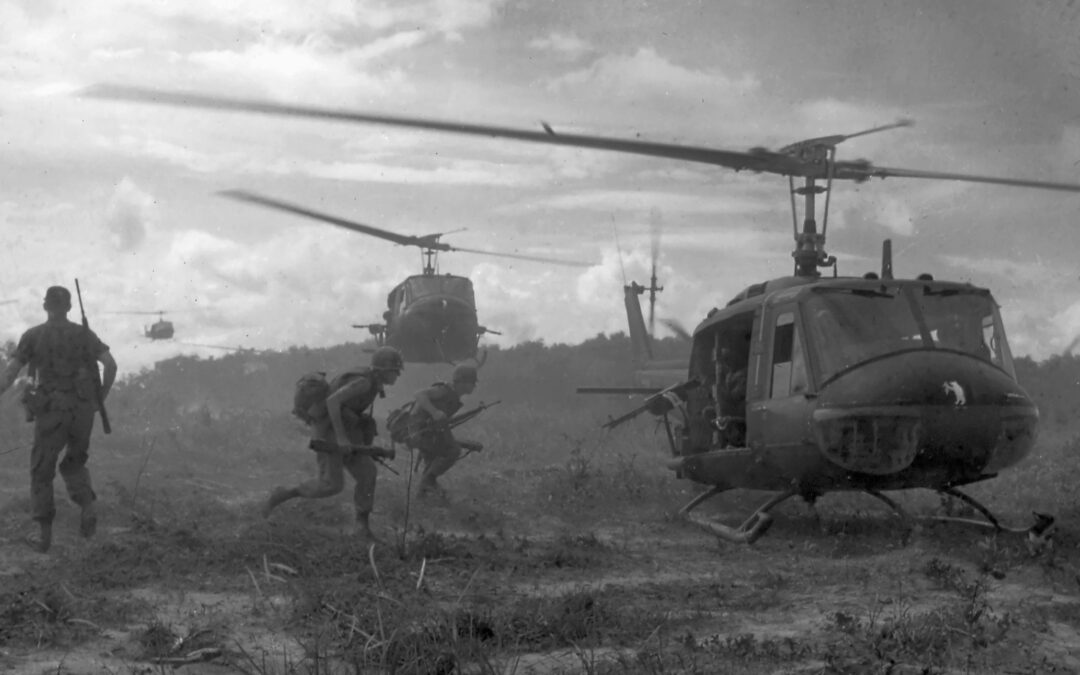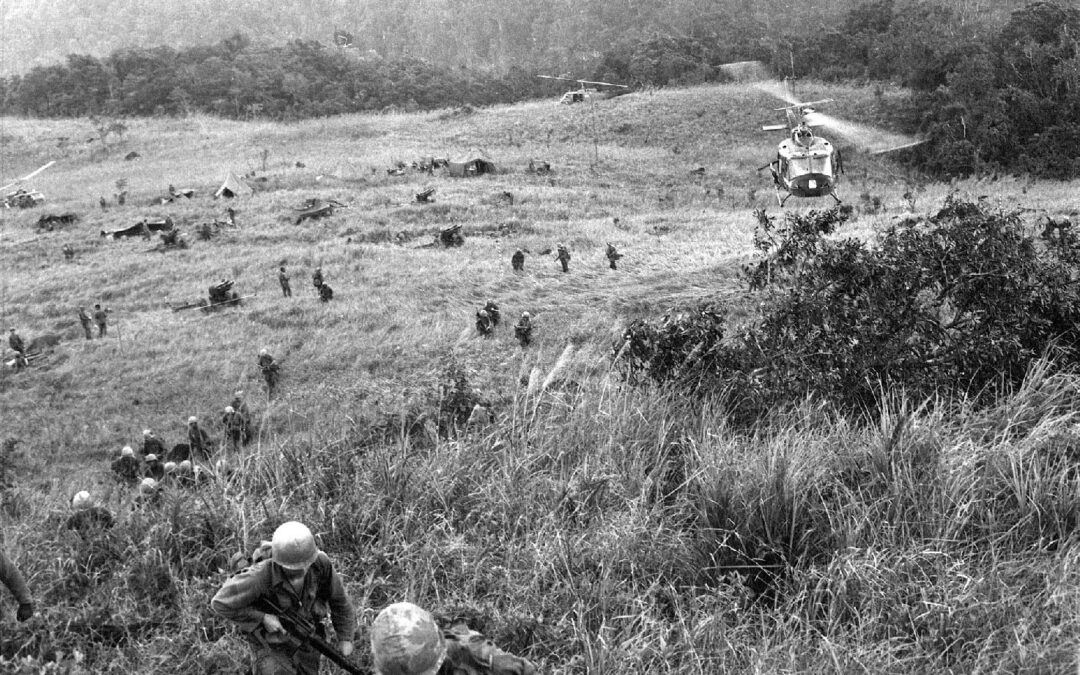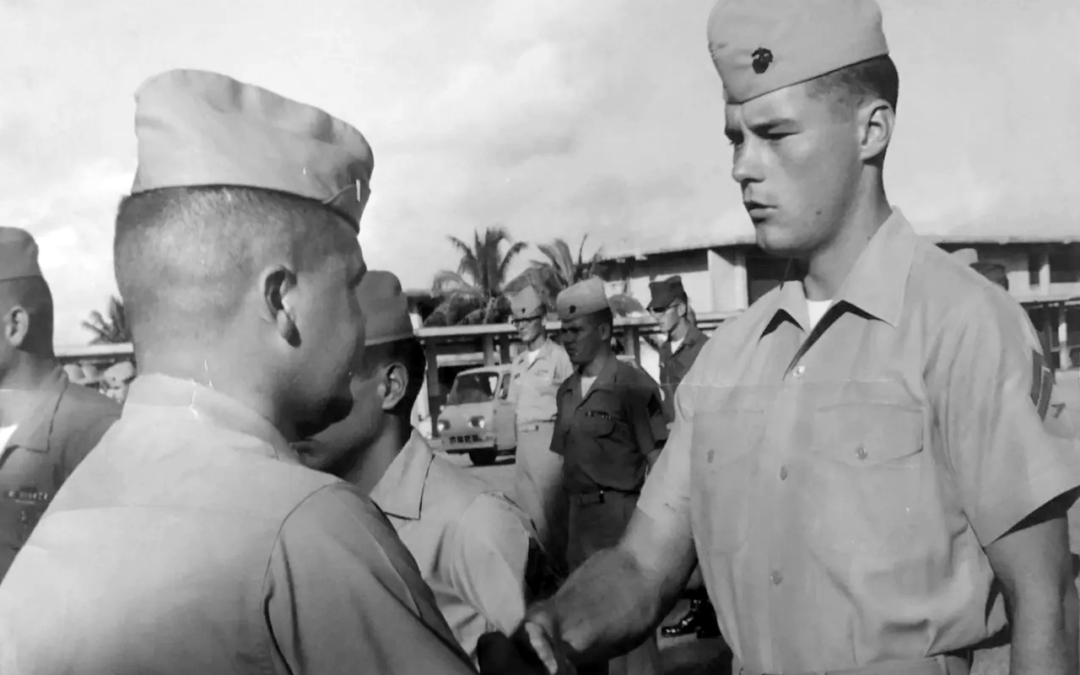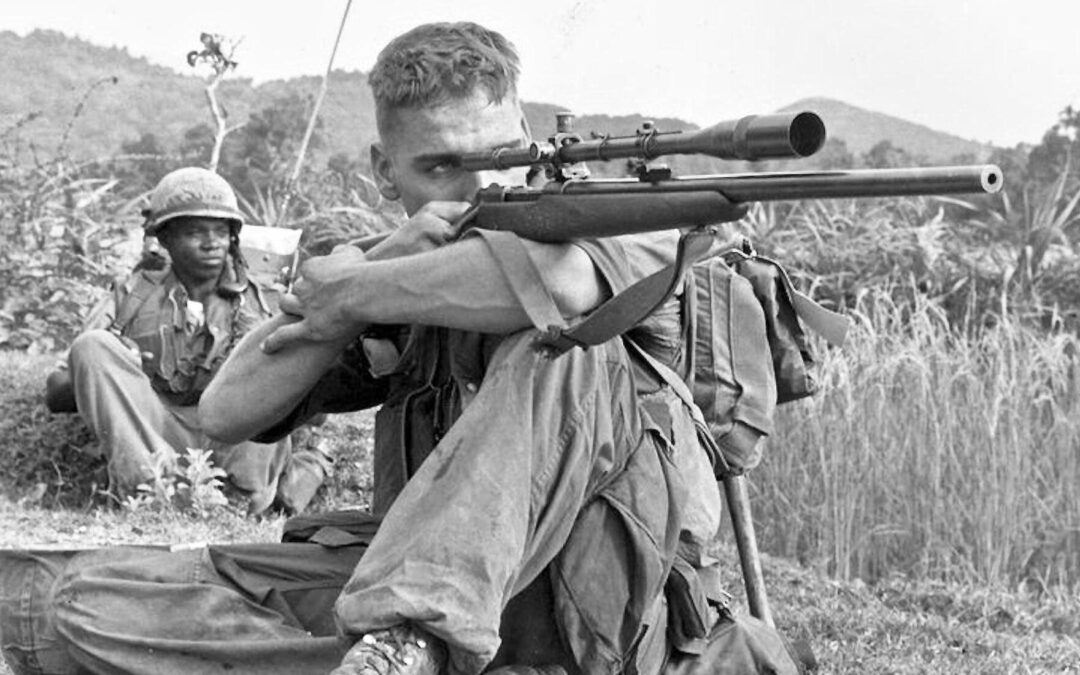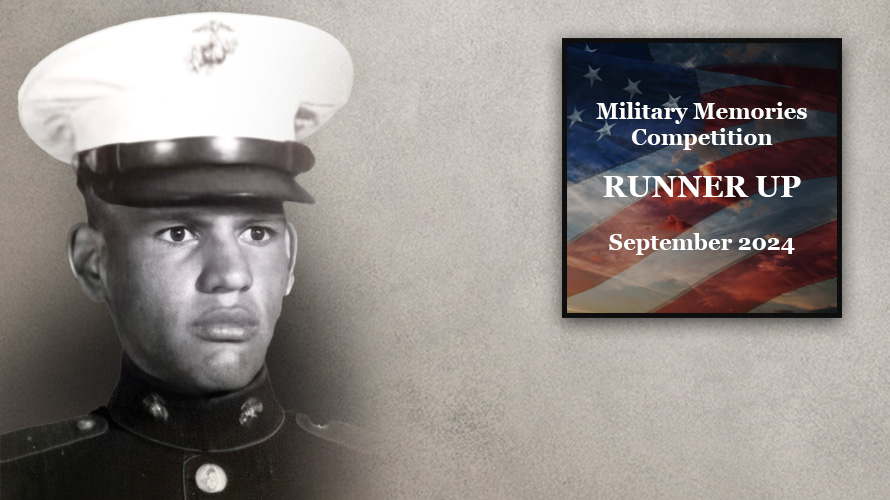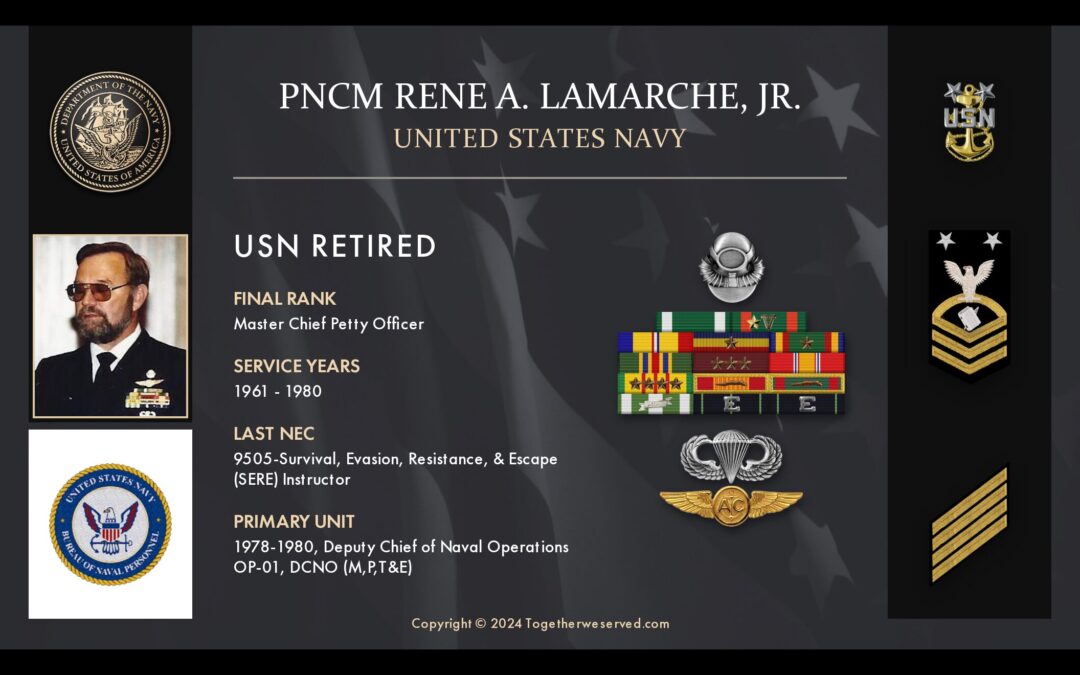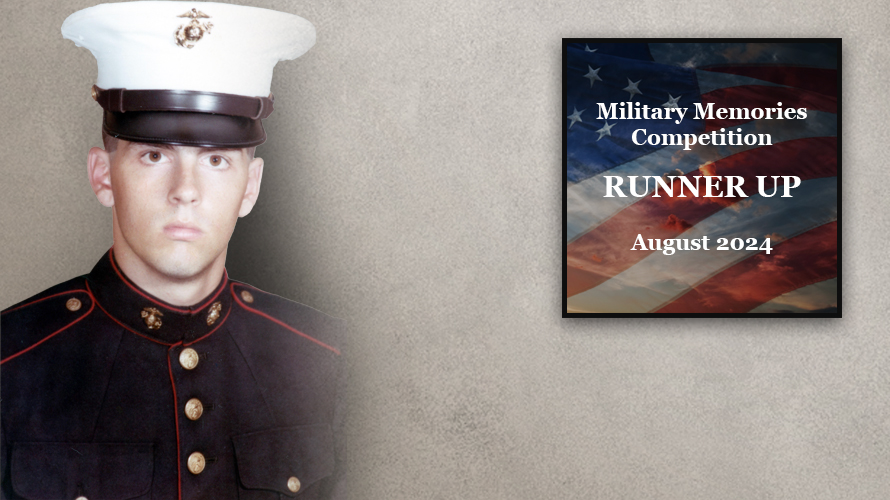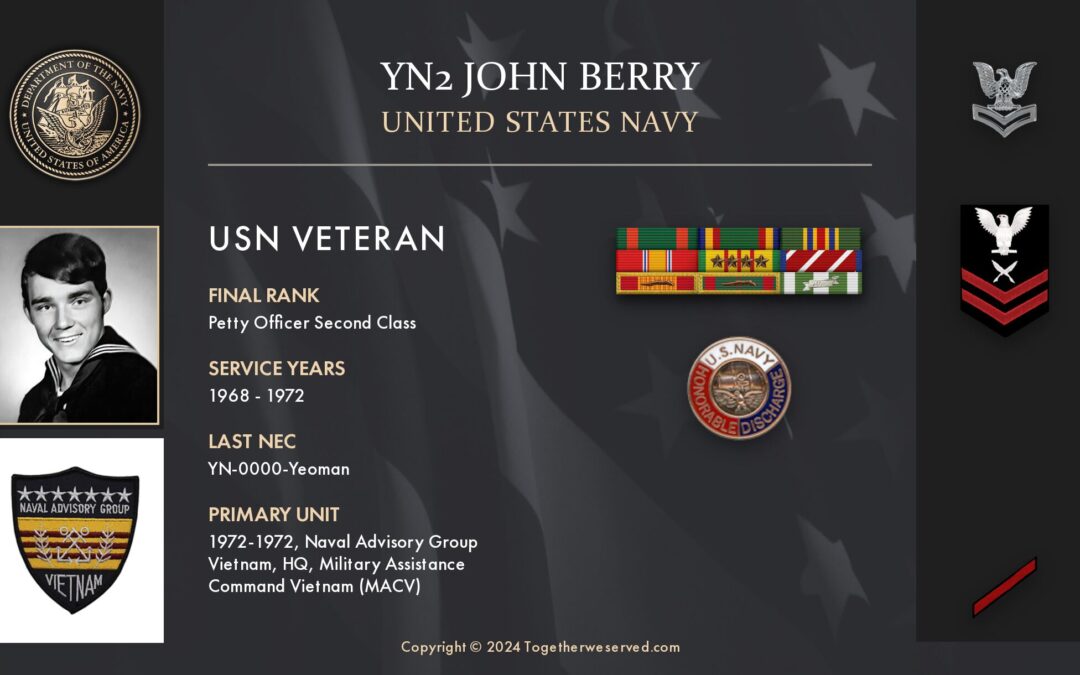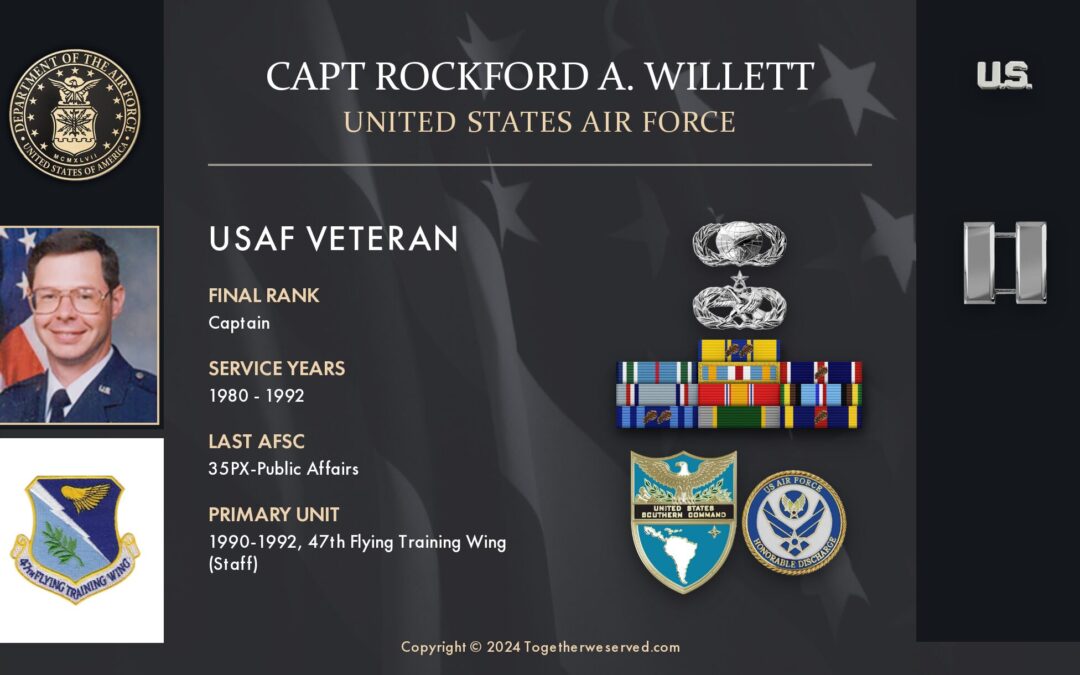Did Any of Your Children Follow Your Footsteps into Military Service? If so, Which Branch Did They Join, What Career Path Did They Take, and What Were Some of Their Most Notable Achievements?:
Let me start by acknowledging my family’s service. My father retired from the Navy having served in WWII, Korea and Vietnam. Both of his brothers served in the Army. My mom’s brother served in the Army. Two cousins on my mom’s side served, one in the Navy the other in the Air Force. I, myself, was born in a naval hospital at Patuxent River Naval Air Station. I was destined to serve. I retired from the Navy after Vietnam, the Cold War and the first Gulf War. Service is in my family.

